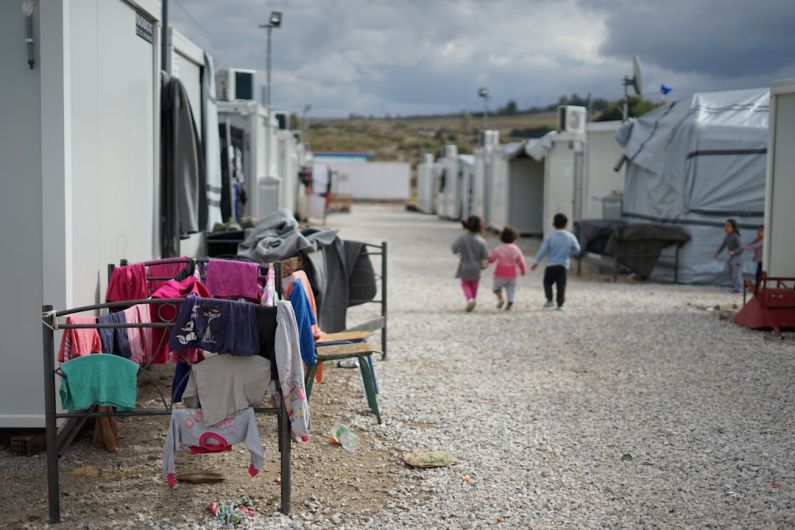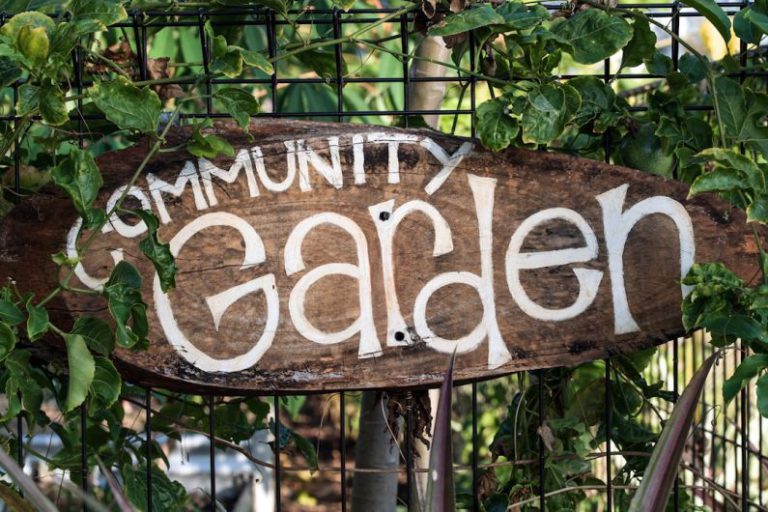The Impact of Volunteering on Mental Health
In today’s fast-paced and often stressful world, taking care of our mental health is more important than ever. Many people are seeking ways to improve their mental well-being, and one effective approach is volunteering. Engaging in volunteer work not only benefits others but also has a profound impact on our own mental health. This article explores the various ways in which volunteering can positively affect our well-being.
Finding Purpose and Meaning
One of the key factors contributing to mental health issues is a lack of purpose or meaning in life. Volunteering provides individuals with a sense of purpose by allowing them to contribute to a cause they care about. Whether it’s working with children, animals, or the environment, the act of giving back can give us a sense of fulfillment and satisfaction. By focusing on helping others, we shift our attention away from our own problems and gain a broader perspective on life.
Reducing Stress and Anxiety
Engaging in volunteer work can significantly reduce stress and anxiety levels. Studies have shown that helping others activates the release of hormones that promote feelings of well-being and happiness. When we volunteer, our brains release endorphins, which are natural stress-fighting chemicals. Not only does this boost our mood, but it also helps to alleviate symptoms of anxiety and depression. Additionally, the social interactions that often come with volunteering can provide a support network, reducing feelings of isolation and loneliness.
Increasing Social Connections
Human beings are social creatures, and having strong social connections is vital for our mental health. Volunteering provides opportunities to meet new people and build meaningful relationships. Whether it’s working alongside fellow volunteers or interacting with those we are helping, these connections can have a positive impact on our mental well-being. The friendships formed through volunteering can provide a sense of belonging and support, enhancing our overall quality of life.
Building Self-Confidence
Volunteering can help boost our self-confidence and self-esteem. When we see the positive impact we have on others’ lives, we gain a deeper belief in our own abilities. This sense of accomplishment can contribute to an improved self-image and a more positive outlook on life. Furthermore, engaging in volunteer work often involves learning new skills or stepping outside of our comfort zones. These experiences can enhance our personal growth and development, leading to increased confidence in our abilities.
Promoting Mindfulness and Gratitude
Volunteering encourages us to be present in the moment and practice mindfulness. Being fully engaged in helping others allows us to focus on the task at hand and let go of worries and stressors. Additionally, volunteering can cultivate feelings of gratitude. When we witness the challenges others face, we gain a greater appreciation for our own blessings and develop a more positive mindset. Practicing gratitude has been linked to improved mental health, resilience, and overall well-being.
In conclusion, volunteering has a profound impact on our mental health. By finding purpose and meaning, reducing stress and anxiety, increasing social connections, building self-confidence, and promoting mindfulness and gratitude, engaging in volunteer work can significantly improve our overall well-being. If you’re looking for a way to enhance your mental health, consider giving your time and energy to a cause you’re passionate about. Not only will you make a difference in the lives of others, but you’ll also experience the countless benefits that volunteering offers.






